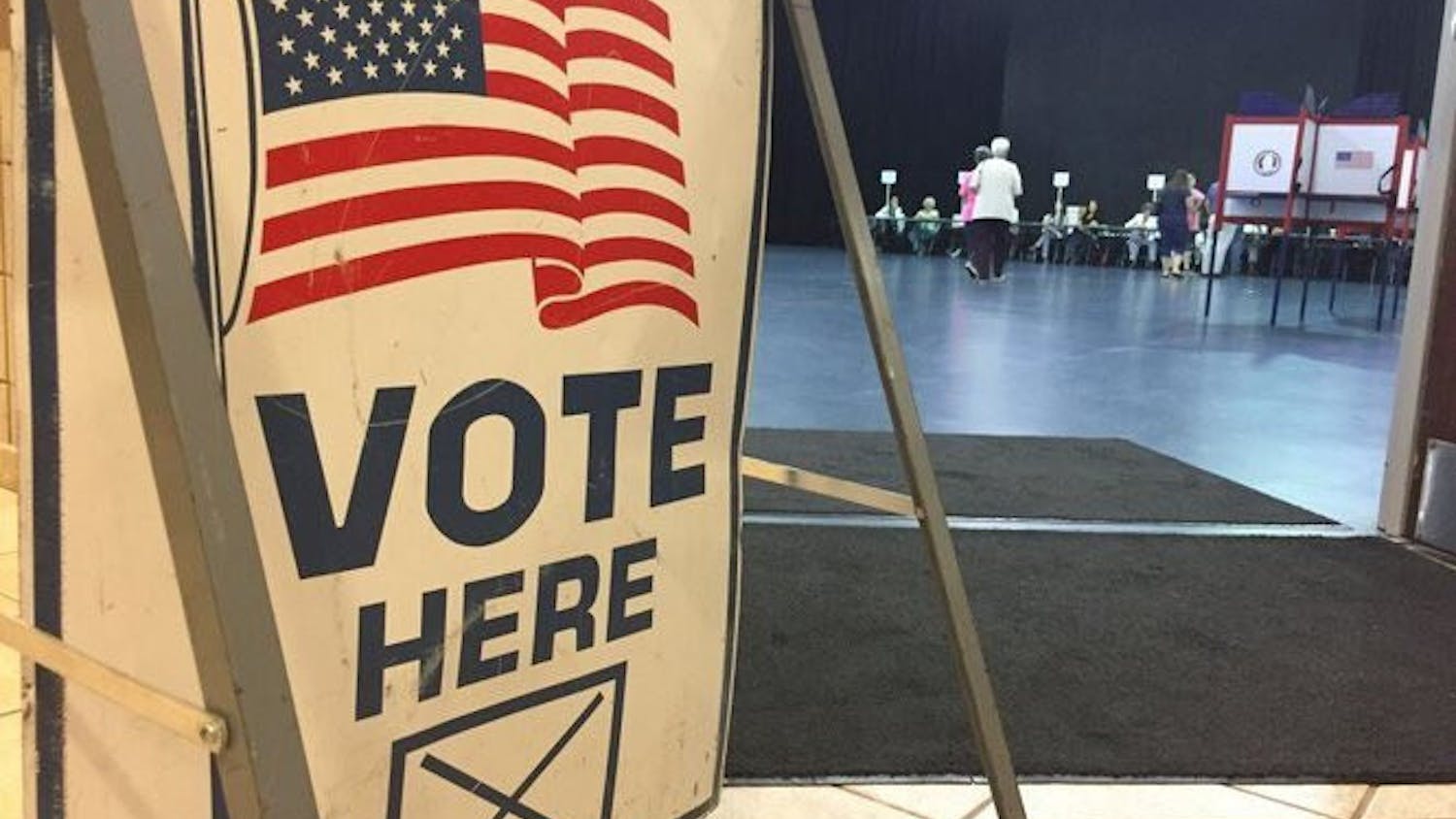WASHINGTON (AP) — The Supreme Court began its new term Monday with Justice Sonia Sotomayor on the bench as the court tried to hash out how long a suspect’s request for a lawyer should be considered valid by police and the courts.
The high court, listening to its first arguments of the session, seemed skeptical of defense lawyers’ arguments that police should be banned from talking to a suspect without a lawyer present because of the possibility that the suspect had asked for a lawyer in related — and even unrelated — cases years ago.
Michael Shatzer was imprisoned at the Maryland Correctional Institution in Hagerstown for child sexual abuse in 2003 when police questioned him about allegations that he sexually abused his 3-year-old young son. When Shatzer refused to talk to a police officer and asked for a lawyer, the questioning ended and the case was dropped.
In 2006, Shatzer’s son was old enough to offer details. When a different police officer approached Shatzer in prison about the allegations two years and seven months later, Shatzer waived his Miranda rights, made incriminating statements, failed a polygraph test and was eventually convicted.
Lower courts threw out his confession because he asked for an attorney when he was first questioned in 2003.
Justice Samuel Alito asked Shatzer’s lawyer, public defender Celia Davis, if her interpretation of the law meant police can’t talk to a suspect who asked for a lawyer when being questioned about joyriding in 1999, but is arrested for murder in 2009.
“Yes, it does,” she replied.
“You don’t think that’s a ridiculous application of the rule?” Alito said.
Davis said the request for a lawyer should apply even if 40 years later the person is a suspect in a civil rights violation that related to the murder.
“You’re saying for 40 years, he’s immunized from being approached by police?” said Sotomayor, who was sitting in on her first regular argument as a Supreme Court justice.
Sotomayor was confirmed for the high court this summer, replacing retired Justice David Souter. Although she’s the newest justice, Sotomayor peppered the arguing lawyers with as many questions as her eight more experienced colleagues, although a couple of times she forgot to turn her microphone on and had to repeat her questions.
Sotomayor even jockeyed to get in her questions at the same time as both Chief Justice John Roberts and Justice Ruth Bader Ginsburg — the court’s other female justice — although both times she deferred to the more experienced justice.
The justices seemed to have differing opinions on how to solve the problem, however.
Justice John Paul Stevens suggested setting a rule that prisoners do not have to talk to police, and if they do they are waiving their Miranda rights. Other justices suggesting setting a time limit on how long a request for a lawyer should be valid.
“Anything over two years and seven months,” she said, prompting laughter from the justices and the crowd in the packed courtroom.






